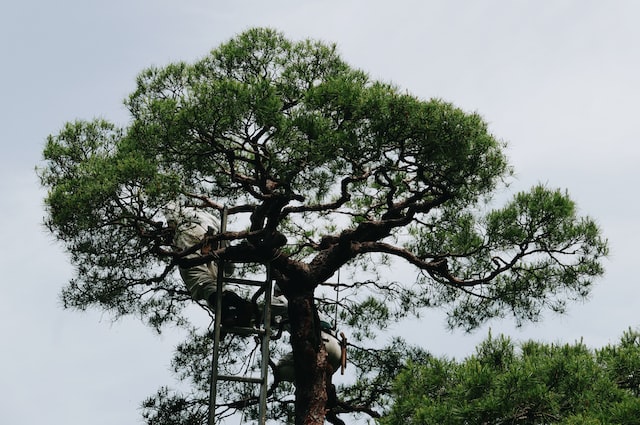The Japanese concept of ikigai has recently become popular among Western audiences. The idea has largely been translated through the Western lens as a method for finding the perfect career. However, the concept in Japanese culture applies more broadly as an approach to life and wellness. The website “Positive Psychology” describes the concept in Japanese culture as “…embracing the joy of little things, being in the here and now, reflecting on past happy memories, and having a frame of mind that one can build a happy and active life.” Michiko Kumano, a Japanese psychologist, compared the concept in Japanese society to actions of devoting oneself to pursuits one enjoys and associated it with feelings of accomplishment and fulfillment, similar to the concept of eudaimonia in Greek tradition.
[the_ad id=”2996″]
Research has established a positive association between individuals with ikigai and longevity and better quality of life. One study from The Lancet Regional Health Western Pacific found that having ikigai was associated with a 31% lower risk of functional disability and a 36% lower risk of developing dementia over a 3-year period. The presence of ikigai “was associated with decreased depressive symptoms and hopelessness as well as higher happiness, life satisfaction, instrumental activity of daily living, and certain social outcomes.” Greater levels of social interaction are associated with higher levels of ikigai, while levels of physical functioning were not. Ikigai was also associated with a decreased risk of mortality among Japanese people in one study.
Cultures structured around integrating people of all ages into daily life and creating opportunities for ikigai into older age contribute to increased longevity and better quality of life. The island of Okinawa, Japan, has exceptional longevity in the population, even for Japan, the country with the most centenarians per capita in the world. Some of their longevity can be attributed to a heart-healthy diet and a physically active lifestyle. But their deeply embedded sense of ikigai is also integral to longevity on the island. In the Okinawan village of Ogimi, groups of older women weave traditional basho-fu textiles, which allows them to make an income while participating in the local economy and maintaining social contact. According to Dr. Bradley Willcox, a geriatrician and author of The Okinawa Way, the Okinawan centenarians he studied maintained an ikigai, whether that be faith, family, or one 102-year-old man’s devotion to his two prize bulls. Dr. Willcox also reports that there is no word for retirement in the Okinawan language and that people continue to stay engaged in their life’s work long into old age.
What brings someone ikigai in later life is unique and specific to the individual. Learning about the life of those who have lived the longest can help us understand how to find our own ikigai. We profile validated supercentenarians, many of whom have led lives filled with high levels of ikigai.
- Tomiko Itooka, from Osaka, Japan, 114 years old, has maintained a devotion to Buddhism and physical activity, climbing Mount Ontake twice and participating in the 1000+ km Saigoku Kannon Pilgrimage while in her 80s.
- Bessie Hendricks, from Iowa, lived until age 115 and, despite selling her family farm in 1979, stayed active in helping her family with processing chickens and stayed involved in her church, which she had belonged to for 92 years.
- Violet Brown, from Jamaica, lived to 117 years old and credited her longevity to “God, respecting her parents, working hard and eating coconut sauce.” Near the end of her life, she still enjoyed “going to church, reading books and listening to music.”
While the longevity of the individuals profiled on LongeviQuest might not be within reach for everyone, their approach to overall wellness and happiness can be a template for everyone to lead a happier, more fulfilling life.
[the_ad id=”2996″]

